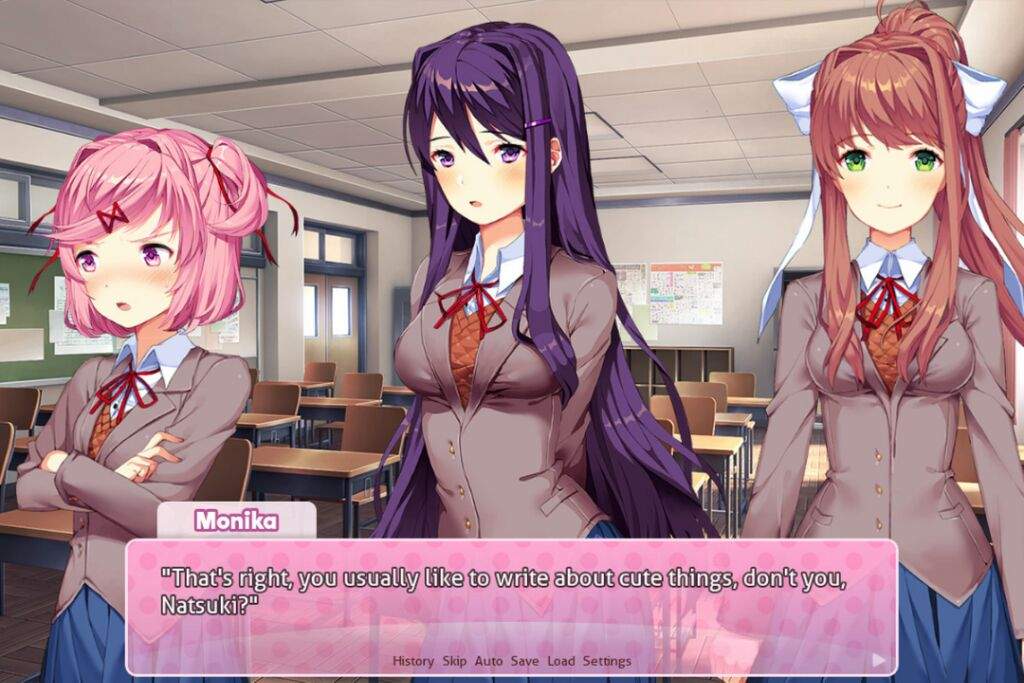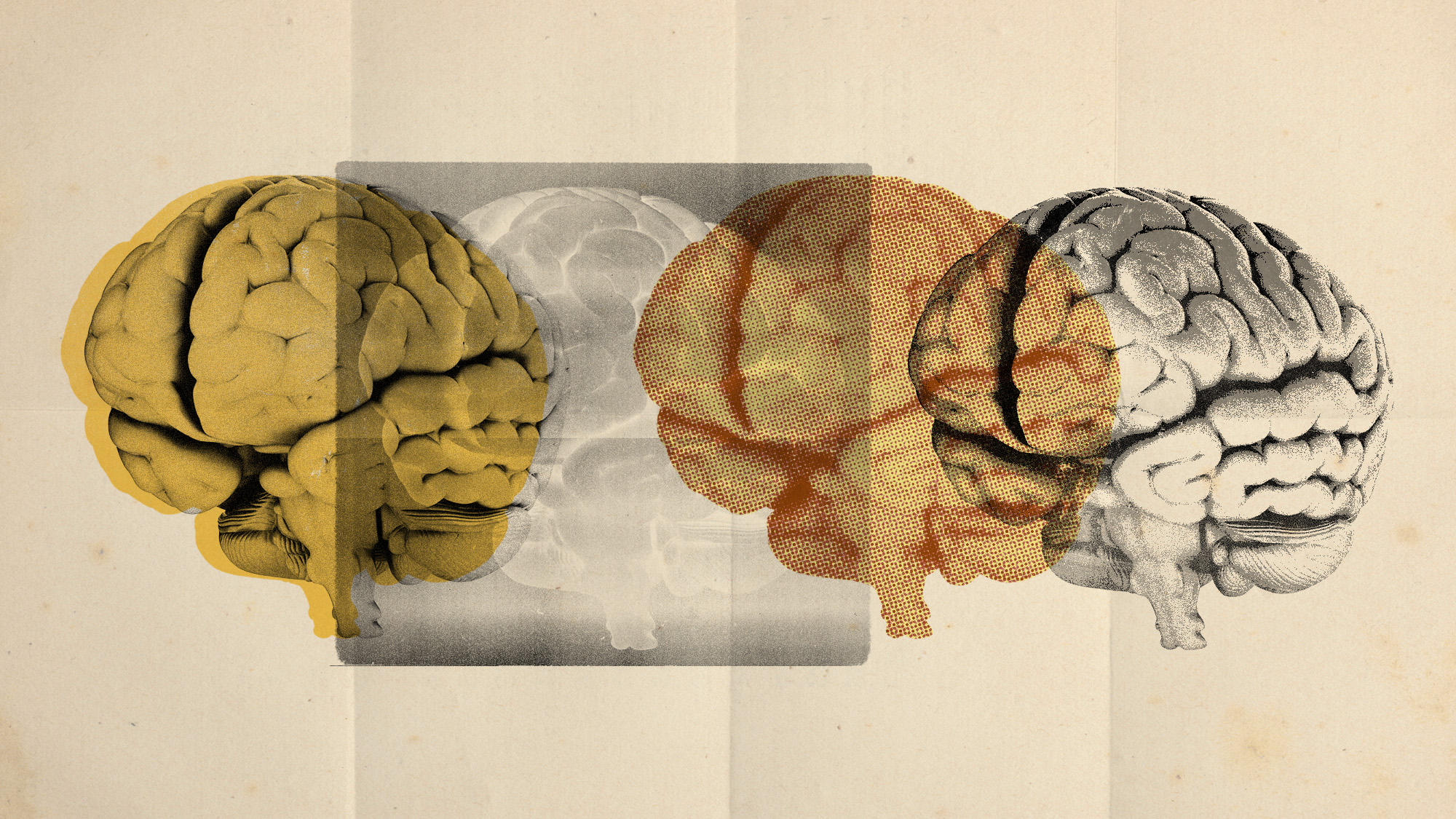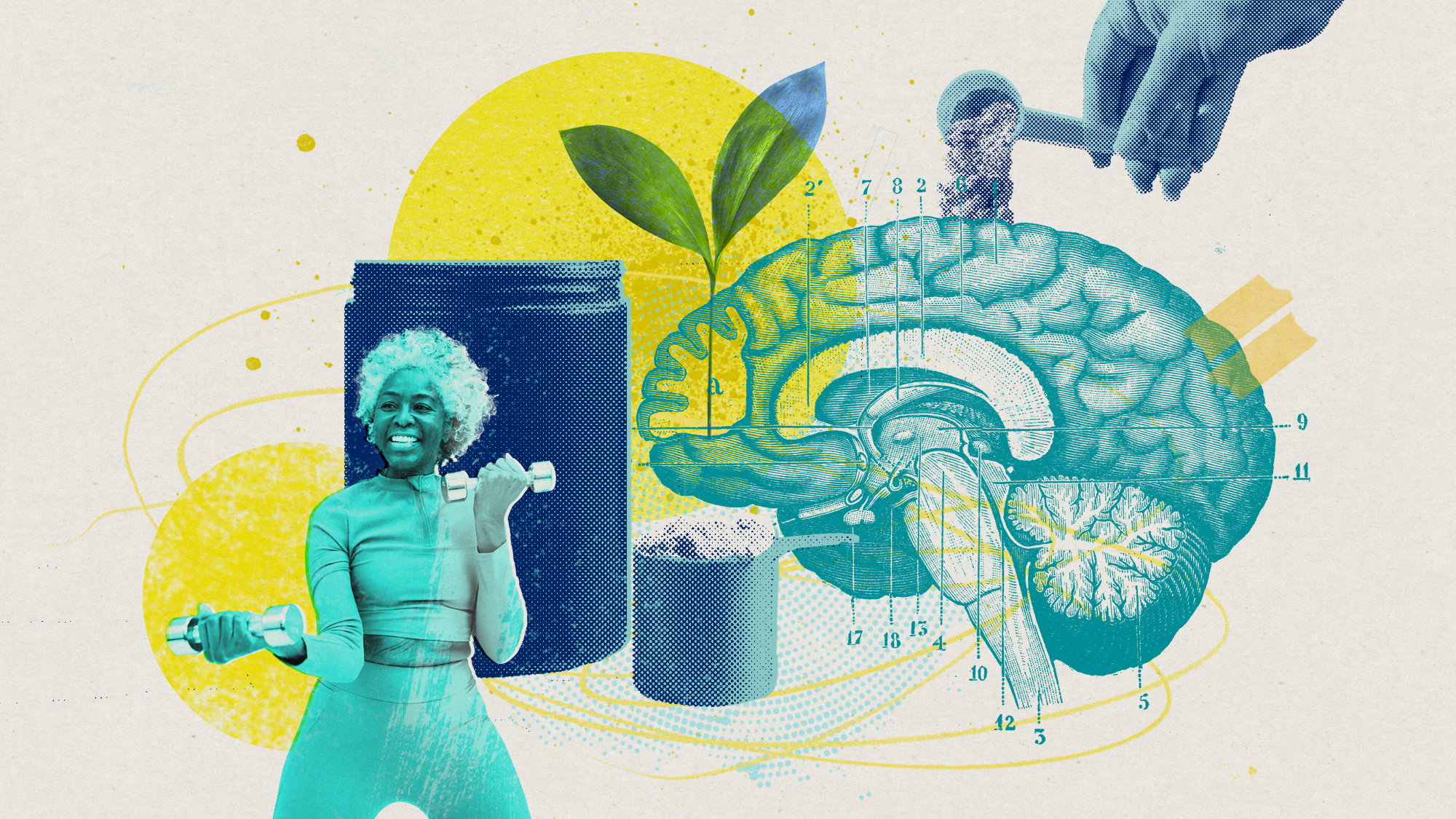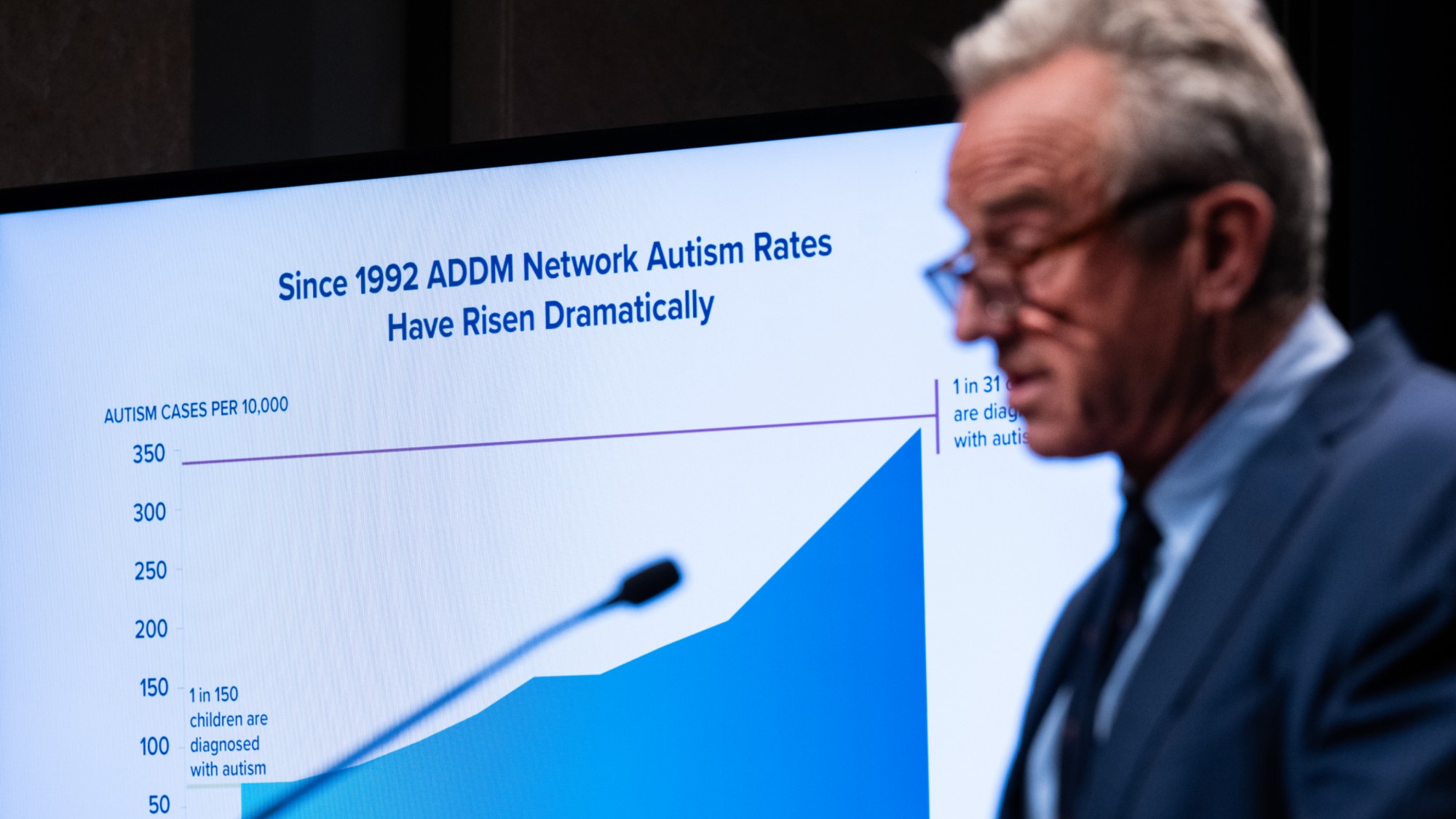What is Doki Doki Literature Club and was it linked to boy’s suicide?
Father of the dead teenager says animated interactive psychological horror game ‘dragged him in’

A free daily email with the biggest news stories of the day – and the best features from TheWeek.com
You are now subscribed
Your newsletter sign-up was successful
The father of a 15-year-old boy who committed suicide has warned about the psychological impact of the online game Doki Doki Literature Club.
Police and a coroner have also urged parents to be vigilant amid growing concerns about the free-to-play game, which officials describe as a “risk to children and young people”, says the Manchester Evening News.
The game was released last September by producers Team Salvato and is believed to have been downloaded more than two million times in the following four months alone.
The Week
Escape your echo chamber. Get the facts behind the news, plus analysis from multiple perspectives.

Sign up for The Week's Free Newsletters
From our morning news briefing to a weekly Good News Newsletter, get the best of The Week delivered directly to your inbox.
From our morning news briefing to a weekly Good News Newsletter, get the best of The Week delivered directly to your inbox.
What is Doki Doki Literature Club?
Doki Doki Literature Club is an online game that warns that it is “not suitable for children or those who are easily disturbed”, although “its aesthetic could appeal to youngsters, as it displays cute characters and its premise is based on a writing club”, says the i news website.
Described as a “visual novel”, the story follows a male high-school student who joins a school’s literature club and interacts with its four female members.
Players read the game’s story and are then prompted to create their own endings. Darren Walmsley, whose son Ben killed himself in February after playing the game, believes this feature played a part in his son’s death.
A free daily email with the biggest news stories of the day – and the best features from TheWeek.com
It “starts as a dating simulation before one of the girls dies”, reports The Times. Other unsettling events then take place, “including characters who self-harm or kill themselves”, adds the paper.
“Characters suggest things and you decide what to do. It drags you in and they make it very real. Ben did not speak about it, but parents need to be aware of this game and other similar games,” said Walmsley, from Bury.
“It is free to download but once you get into it, it will not leave you alone. The characters befriend and love you and give you tasks to do but if you do not do them, they turn nasty.”
A review of the game by tech website Polygon last year, described it as “uncontrollably horrific”, praising the game’s metafiction narrative as an “innnovative scare”. The review concludes: “Team Salvato has unearthed a new way of terrifying us by ripping apart our expectations of how interactive media should work. Doki Doki Literature Club is a game that played me, and somehow, I’m content to let it take control.”
Is it linked to suicide?
Although there is no evidence to suggest the game is directly linked to Ben Walmsley’s death, schools and councils have been alerted by the Manchester Coroner’s Office, which is investigating his death. Awareness messages are also being shared on Facebook.
The warning, signed by the senior coroner for North Manchester, says: “I believe the information is so concerning that this warrants my writing at this stage to make the local authorities aware of the issue so appropriate information can be disseminated.
“This has arisen due to the fact I am conducting the inquest into the death of a 15-year-old-boy who died earlier this year. Evidence obtained suggested he had used an online game called Doki Doki.”
Team Salvato has yet to comment on the claims.
-
 Will increasing tensions with Iran boil over into war?
Will increasing tensions with Iran boil over into war?Today’s Big Question President Donald Trump has recently been threatening the country
-
 Corruption: The spy sheikh and the president
Corruption: The spy sheikh and the presidentFeature Trump is at the center of another scandal
-
 Putin’s shadow war
Putin’s shadow warFeature The Kremlin is waging a campaign of sabotage and subversion against Ukraine’s allies in the West
-
 ‘Longevity fixation syndrome’: the allure of eternal youth
‘Longevity fixation syndrome’: the allure of eternal youthIn The Spotlight Obsession with beating biological clock identified as damaging new addiction
-
 RFK Jr. sets his sights on linking antidepressants to mass violence
RFK Jr. sets his sights on linking antidepressants to mass violenceThe Explainer The health secretary’s crusade to Make America Healthy Again has vital mental health medications on the agenda
-
 The app tackling porn addiction
The app tackling porn addictionUnder the Radar Blending behavioural science with cutting-edge technology, Quittr is part of a growing abstinence movement among men focused on self-improvement
-
 Scientists have identified 4 distinct autism subtypes
Scientists have identified 4 distinct autism subtypesUnder the radar They could lead to more accurate diagnosis and care
-
 'Wonder drug': the potential health benefits of creatine
'Wonder drug': the potential health benefits of creatineThe Explainer Popular fitness supplement shows promise in easing symptoms of everything from depression to menopause and could even help prevent Alzheimer's
-
 Fly like a breeze with these 5 tips to help cope with air travel anxiety
Fly like a breeze with these 5 tips to help cope with air travel anxietyThe Week Recommends You can soothe your nervousness about flying before boarding the plane
-
 RFK Jr.'s focus on autism draws the ire of researchers
RFK Jr.'s focus on autism draws the ire of researchersIn the Spotlight Many of Kennedy's assertions have been condemned by experts and advocates
-
 Mental health: a case of overdiagnosis?
Mental health: a case of overdiagnosis?Talking Point Issues at 'the milder end of the spectrum' may be getting wrongly pathologised